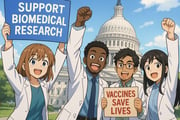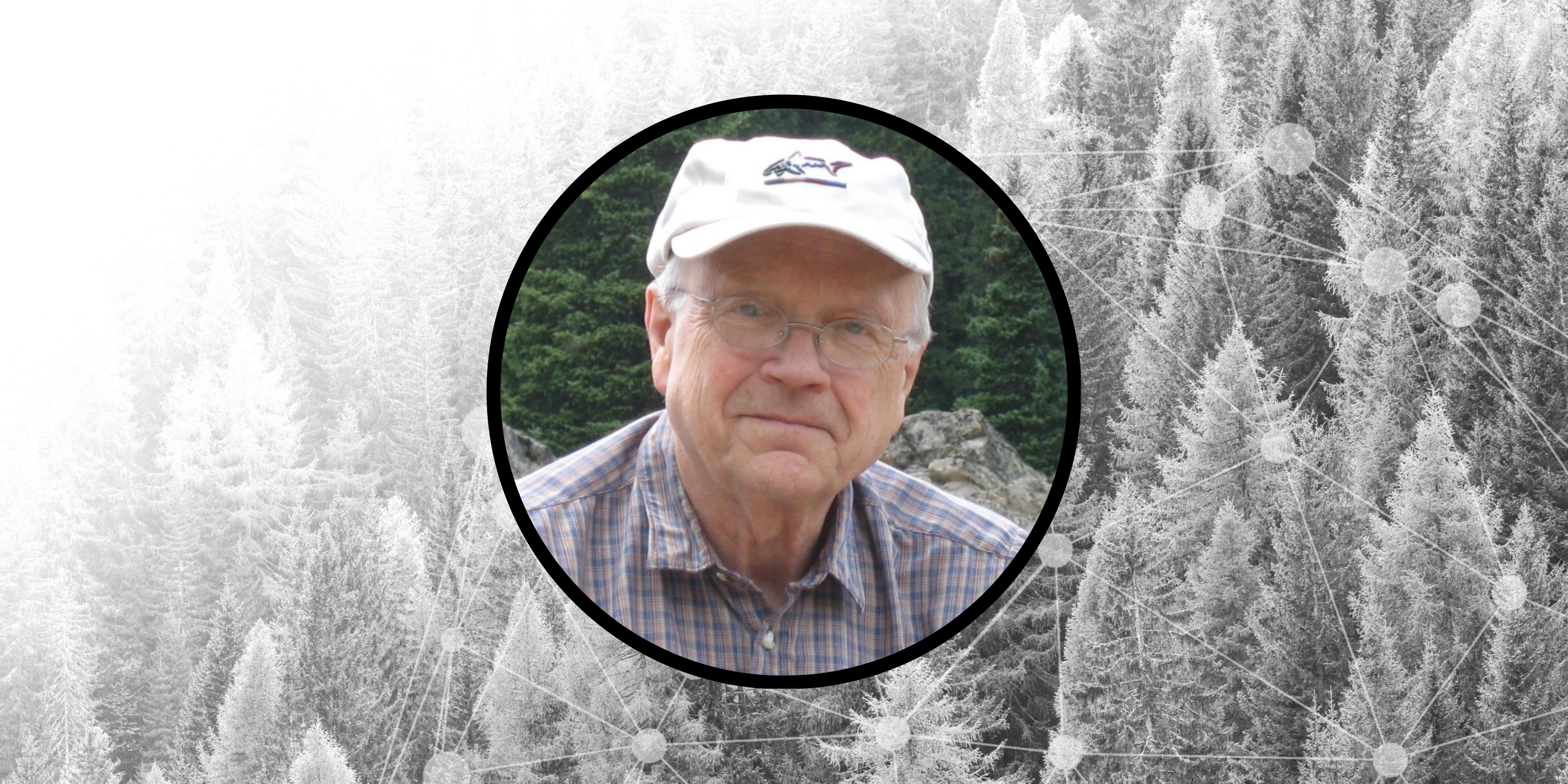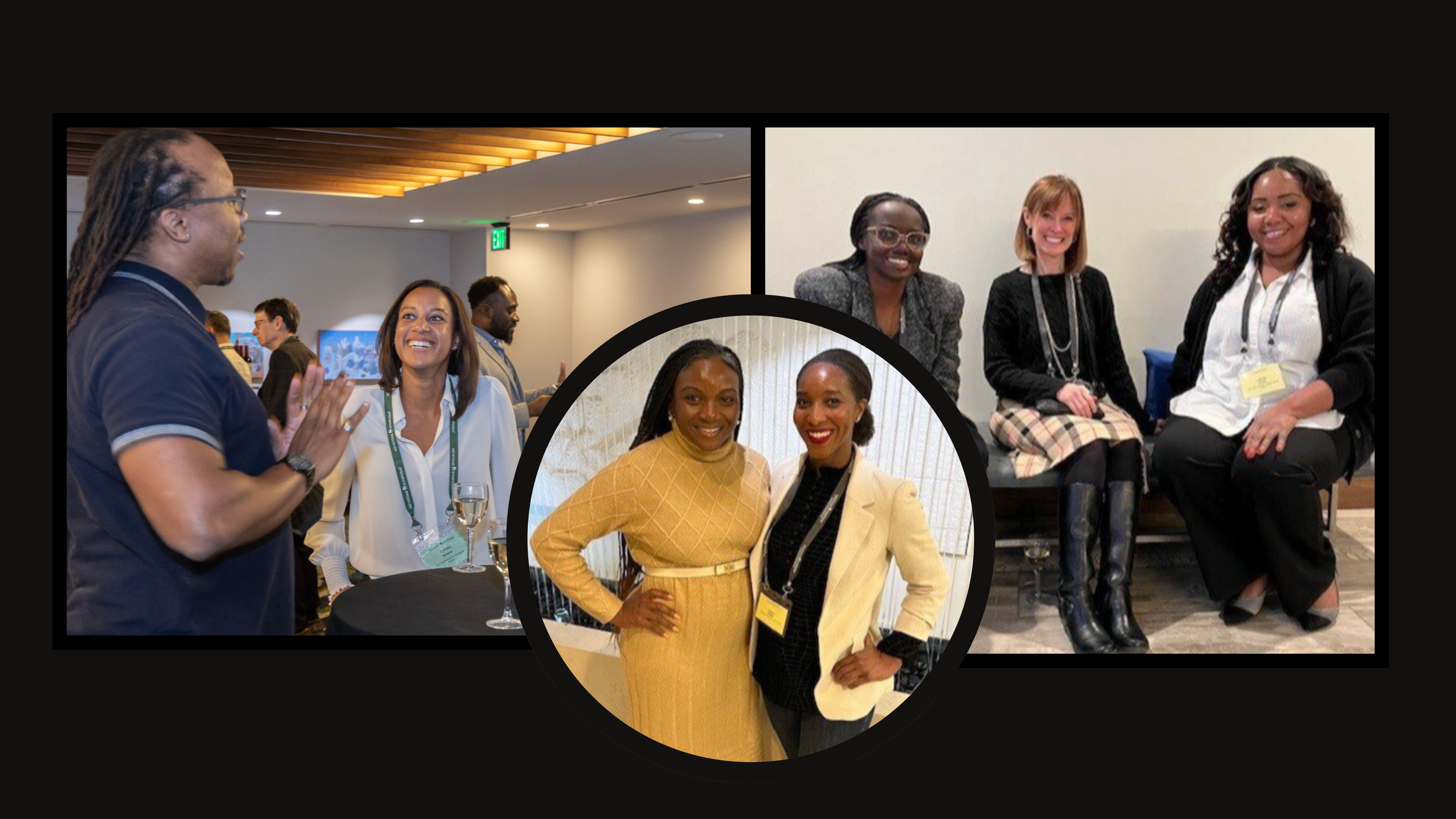Free Access: Insights from Long COVID & Other Post-Acute Infection Syndromes Conference
Long COVID afflicts an estimated 11 million people in the United States alone (5% of the population), and 400 million globally, with debilitating symptoms of fatigue, brain fog, orthostatic intolerance, post-exertional malaise and a collection of other mysterious ailments that span a multitude of organ systems from cardiovascular to neurological. While many have called Long COVID an ‘unprecedented disease,’ it is in fact not. Over the course of history, similar conditions have arisen time and time again after pandemics such as the Spanish Flu of 1918 and many others. (reference) Additionally, in the present day many others suffer similar syndromes following infections with diverse pathogens, including Lyme, Dengue, Ebola and Chikungunya, to name a few. These conditions, alongside others with less obvious triggers such as ME/CFS or chronic fatigue syndrome, have long been neglected and even dismissed as non-existent by doctors, scientists and the general public.
What is unprecedented, is the acknowledgement of this collection of mysterious and under-appreciated illnesses and the progress now being made in understanding them, thanks to the attention brought by Long COVID. With this growing scientific recognition, scientists from diverse fields across immunology, virology, neurobiology, cardiovascular disease and many others are converging to unravel the pathophysiology behind these diseases, and their varied constellation of symptoms for which there have been no explanation for over a century.
Keystone Symposia Advancing Long COVID Research: Revealing Emerging Mechanisms & Therapeutic Targets
Long COVID researchers and others with expertise in various post-acute infection syndromes convened August 10-13, 2025, in Santa Fe, New Mexico, at the Keystone Symposia on Long COVID and Other Post-Acute Infection Syndromes, to reveal new findings underlying the pathology behind these diseases and potential treatment strategies that are emerging from clinical trials. Building on the community established two years ago (August 2023), when Keystone Symposia held the first-ever research conference in the field, familiar faces and newcomers assembled to drive the field forward toward clinical advances. While the 2023 meeting focused on describing the multitude of emerging pathologies and collectively aligning on what the disease is, the 2025 meeting reflected advances made since then in building these insights into a framework for guiding diagnosis and treatments.

Researchers discussed novel and yet unpublished research into biomarkers, disease subtypes and commonalities vs. differences across the spectrum of disease manifestations. Their goal, to come to consensus on immune-mediated mechanisms, viral persistence, autoimmunity, autonomic nervous system disruption and other mechanisms that might be targeted by existing drugs now in clinical trials. (See more on conference outcomes below in the video featuring concluding remarks from organizers)
Our declared aim for this meeting was to do something useful and catalytic to move this field forward, and I think we all can agree we have done well. We have seen here that the field is really coming of age, moving fast and we are building a cohesive global community here at the conference,” said meeting organizer Dr. Danny Altmann in his closing remarks.
Integrating Patient Voices into Biomedical Research
Part of that cohesive global community are patients who are members of the Patient Led Research Collaborative (PLRC). The PLRC, which was founded in 2020 by a group of dedicated Long COVID patients, is credited by patients and scientists alike with pushing the field forward and enlightening the science with essential patient-derived data, needs and perspectives. Given their strong role in the field’s past, present and future, PLRC co-founder Hannah Davis was invited to participate on the organizing team, working with the eminent scientists and clinicians Drs. Akiko Iwasaki, Avindra Nath and Daniel M. Altmann to design a program most impactful to all Long COVID stakeholders across the board.
Recognizing the value of integrating the patients with the research community to ensure clinical insights and impacts, as well as to foster advocacy efforts that support research funding in the field, Keystone Symposia made additional efforts to include the patient community in the conference and encourage a strong turnout by those afflicted with the disease. Patient discounts were offered for both in-person and Livestream options and additional safety precautions were implemented on-site, including masking in the plenary room. Altogether more than three dozen patients attended in-person or remotely, and conveyed their enthusiasm for the importance of this meeting in moving the needle and providing hope for the patient community.
A big thanks to #Keystone Scientific Organizer @VirusesImmunity for all your care & intention in today's opening session on reenforcing importance of masking, testing & welcoming #LongCOVID patients to the symposium. Grateful for your leadership & thoughtfulness to the community.
— Meighan Stone | @meighanstone.bsky.social (@meighanstone) August 11, 2025
A big thank you to Meighan Stone of the Long COVID Campaign who sponsored the Livestream access for an additional 20 patients.
Had a great time connecting with fellow citizen/patient-scientists (@patientled, @RenegadeRes) at the Keystone Symposium on Long COVID and Other Post-Acute Infection Syndromes. pic.twitter.com/I4Wqgf2SSU
— Thomas F. Varley (@ThosVarley) August 13, 2025
Beyond the science itself, what made the Long COVID conference transformative was its structure. Patient–scientist co-leadership ensured research questions aligned with lived experience. Discussions were not only about mechanisms but about action: diagnostics, therapeutics, and systems change. This altered the tone, shifting debate from incremental refinements toward urgent problem-solving.--Conference Participant Dr. Maggie Bartlett, Program Director-Global Virus Network & Assistant Research Professor- Johns Hopkins Bloomberg School of Public Health
Given the appetite for sharing scientific progress and research outcomes in the field to accelerate advances, Keystone Symposia worked with Global Virus Network to produce and film an open-access panel discussion as part of the conference program. In addition, the Closing Remarks are being released as a summary of advances and future directions resulting from this seminal meeting. Keystone Symposia and the Long COVID meeting organizers encourage the broad sharing and distribution of these videos, to inform both patient and research communities of ongoing work in the field. We thank the scientists for their approval of the release of this information, as required by our conference policies to ensure the protection of unpublished data (for more information see below).
Open Access Panel Discussion on Long COVID: Mechanisms, Diagnosis & Emerging Treatments
-- developed in collaboration with the Global Virus Network
This panel convened experts to address key aspects of Long COVID, including its pathophysiology, diagnostic challenges, long-term management strategies, and policy implications. The discussion also explored the intersection of Long COVID with social determinants of health, equitable care delivery, and the impact of ongoing research initiatives. The goals were to foster interdisciplinary dialogue, identify knowledge gaps, and generate actionable insights to improve patient outcomes and inform public health strategies. Panelists include:
- Maggie Bartlett, Global Virus Network & Johns Hopkins School of Public Health-- Moderator
- Sten H. Vermund, University of South Florida- Moderator
- Akiko Iwasaki, Yale University/HHMI
- Anders G. Vahlne, Karolinska Institutet
- Resia Pretorius, Stellenbosch University
- Janet M Mullington, BIDMC & Harvard Medical School
- Annukka A Antar, Johns Hopkins School of Medicine
Organizers Summarize Long COVID Conference Outcomes & Highlights
 Meeting organizers Dr. Avi Nath, Akiko Iwasaki, Danny Altmann & Hannah Davis
Meeting organizers Dr. Avi Nath, Akiko Iwasaki, Danny Altmann & Hannah Davis
In the meeting’s Closing Remarks, organizers summarized the advances covered in the conference and outlined future directions in understanding and treating Long COVID and other similar conditions. Hannah Davis provided a powerful conclusion to the meeting with a moving statement from the patient perspective, and gratitude for the research community in providing new hope on the horizon
We are converging on answers. There is a clear sense that the early work has been done, and we are beginning a new era of incredible, tangible advancement in the field. Trials are coming. Treatments are coming. There is the world to look forward to.
-Hannah Davis, PLRC co-founder (See her full statement below)
Hannah Davis’ Concluding Remarks
__________
“Long COVID started without language, without comprehension. It was the Long COVID patient community that time and time again metabolized our painful knowledge into words to communicate vital information to the public, and to researchers.
Being here this week has tangibly shown that the research community has not only listened, but has provided language in return. Long COVID is no longer mysterious; it’s no longer unknown. We are objectively far, far past where we were five years ago.
Long COVID researchers have proven, to an irrefutable degree, the scale & urgency of this global public health crisis. This week has included deep investigations into pathophysiology- biomarkers, new imaging techniques & diagnostics, treatment candidates and so much more.
We are converging on answers. There is a clear sense that the early work has been done, and we are beginning a new era of incredible, tangible advancement in the field. Trials are coming. Treatments are coming. There is the world to look forward to.
We appreciate every single one of you that is spending your life on this, so that we may get ours back.”
-Hannah Davis, Patient Led Research Collaborative Co-Founder

Closing remarks from @ahandvanish at #KeystoneSymposia:
— Patient-Led Research Collaborative (@patientled) August 14, 2025
"#LongCovid started without language, without comprehension. It was the LC patient community that… time again metabolized our painful knowledge into words to communicate vital information to the public… to researchers" 1/
To view the full slate of research talks from this meeting
◊
Meeting participants must abide by our Media Policy when sharing information about the conference due to the sensitivity of unpublished data presented at our conferences. This applies to all participation types: In-Person, Livestream, and On Demand. In particular:
"We ask that all writers attending a Keystone Symposia conference gain approval from a speaker or poster presenter prior to quoting or publishing that individual's scientific results. This policy applies whether you are a professional writer/journalist or a non-journalist blogging about the conference or otherwise sharing information among a group of individuals."
Return to the September 2025 Keypoint Newsletter

Related news
Honoring Keystone Symposia Founder Charles Frederick Fox
It is with great sadness that we mourn the passing of Keystone Symposia’s founder, Charles...
Upcoming Fall 2025 Conference Highlights & Organizer Interviews
Our Fall 2025 line-up features exciting topics across infectious disease, artificial intelligence...
Keypoint Newsletter: Fellows Community Updates & Call for Applications
By Heather Gerhart
Keystone Symposia’s flagship Fellows Program is now accepting applications for...







